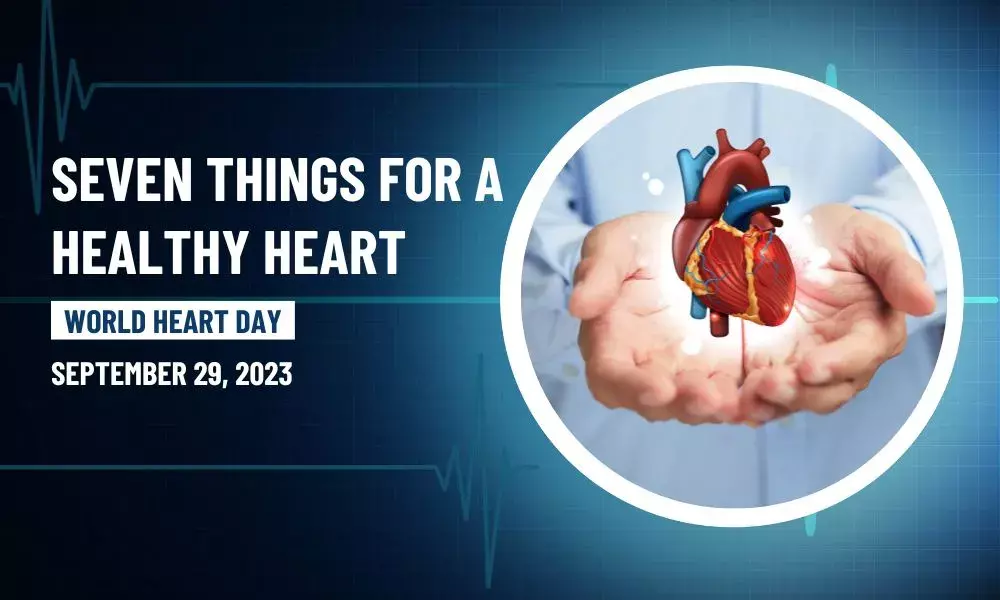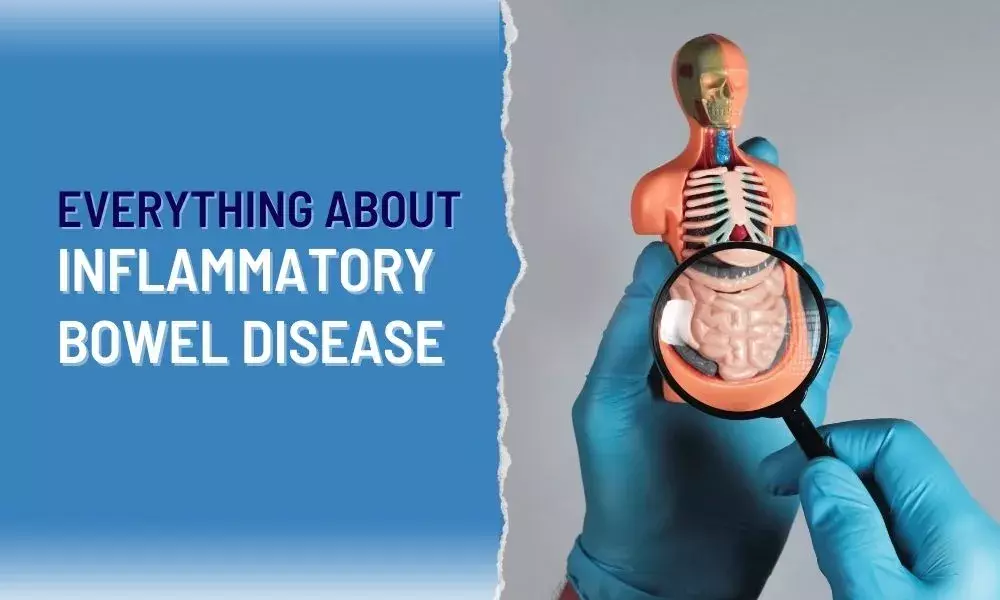The heart is one of the most vital organs of our body. Maintaining our heart’s health is essential, as any fatality can be dangerous to our health.
Cardiovascular diseases (CVDs) or heart-related diseases have been identified as one of the primary causes of deaths globally, causing an estimated 1.7 crore deaths each year and accounting for 31% of all global mortality*.
These numbers are increasing yearly, making it vital for individuals to care about heart health.
September 29th is observed as World Heart Day to create awareness about the importance of taking heart health seriously and to be aware of the warning signs of heart ailments or stroke.
This year’s theme for World Heart Day is “Use Heart, Know Heart.” This theme emphasizes the significance of taking good care of the heart.
Here are seven things one must follow and adopt to reduce the risk of developing heart ailments and stroke.
-
Know your numbers well: Knowing your numbers well is vital for your heart’s health. Regular health checkups and tracking cholesterol levels, blood pressure, and blood sugar levels are important to help determine and control the risk of developing cardiovascular disease.
-
Healthy Body Weight: Being obese or overweight increases the risk of heart stroke! Maintaining a healthy body weight is important to lower the risk of developing heart ailments. One must reduce the number of calories consumed from fats and sugars, increase the portion of daily intake of vegetables, fruit, whole grains, and nuts, and exercise regularly (minimum of exercise for 30 minutes daily) can help maintain a healthy body weight.
-
Balanced and Healthy diet: Besides maintaining good heart health, a balanced diet can benefit overall well-being. A healthy diet should include a wide variety of unprocessed, freshly cooked meals, including plenty of vegetables and fruits (at least five servings daily), nuts, whole grains, and foods low in saturated fats, sugars, and salt. One must avoid processed foods, which are rich in sodium and salt. Additionally, drinking sufficient water is vital.
-
Avoiding tobacco use: There are no second thoughts about smoking being dangerous for health. One must avoid smoking and smoke-filled environments. Exposure to second-hand smoke increases the risk of heart attack substantially. All forms of tobacco are highly harmful, and there is no safe level of exposure to tobacco. If one faces difficulty quitting tobacco, consult a doctor about developing a tailored plan to suit individual needs.
-
Avoiding alcohol: Excess alcohol consumption can harm our heart’s health. While drinking less may reduce our risk of CVD, evidence shows that the ideal situation for health is to not drink at all. Moderate drinkers notice health benefits when they stop drinking alcohol.
-
Managing stress: Stress can cause our arteries to tighten, increasing the risk of heart disease. Deep breathing, exercising, relaxing muscles, and making time for the things that we love are some ways that can help manage stress levels. One must seek professional help in case of difficulty managing stress.
-
Medication as prescribed: A regular check-up can help take the right medication to treat our blood sugar levels, cholesterol levels, blood pressure, and other factors that may deteriorate heart health. One must take the medication that their doctor has prescribed and ensure they stick to the regimen.
Maintaining our heart health is extremely important for our overall well-being. While the above seven ways can help us improve our heart health, we should be aware of any warning signs that may indicate the onset of a stroke.
Data Source: Cardiovascular diseases (who.int)





